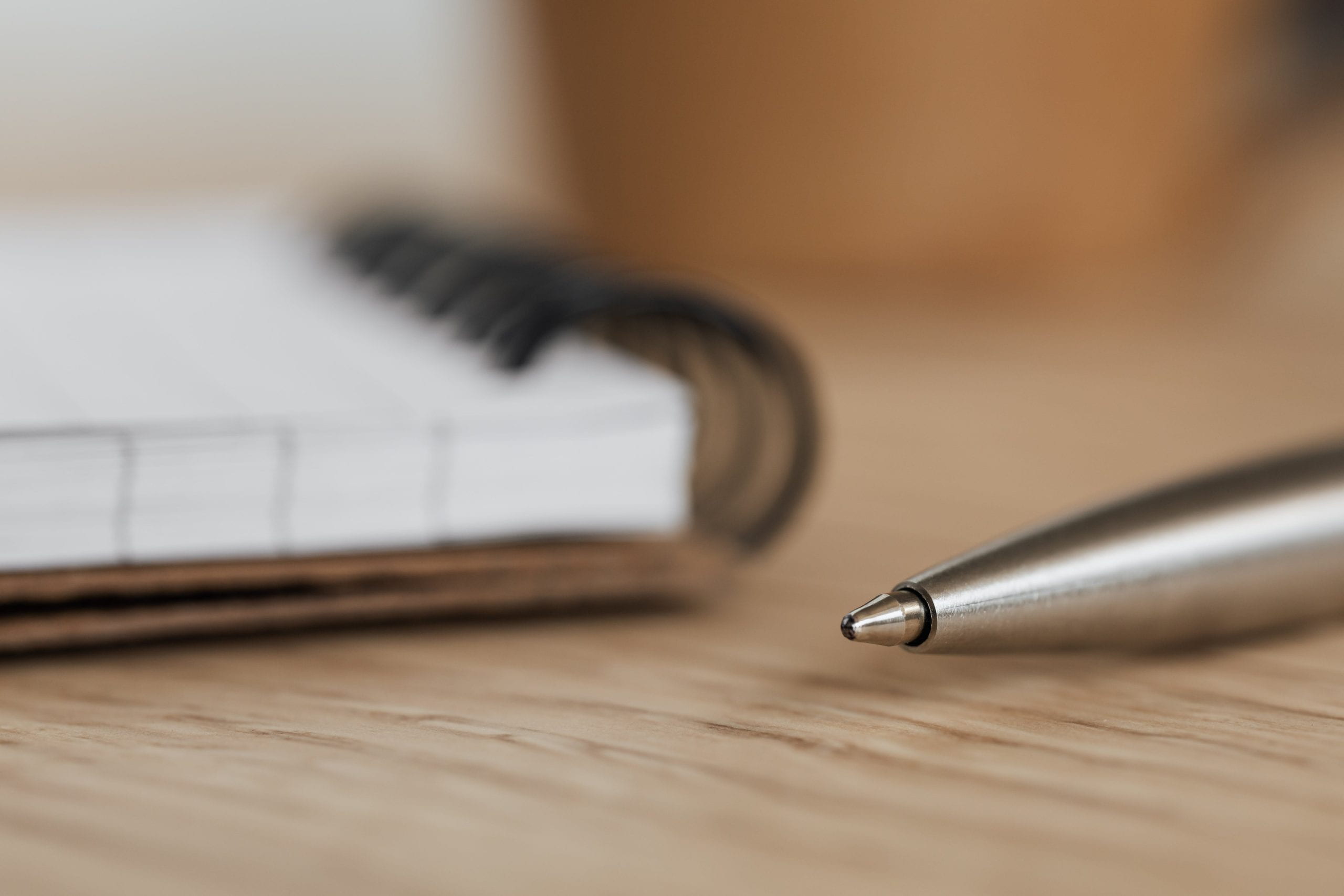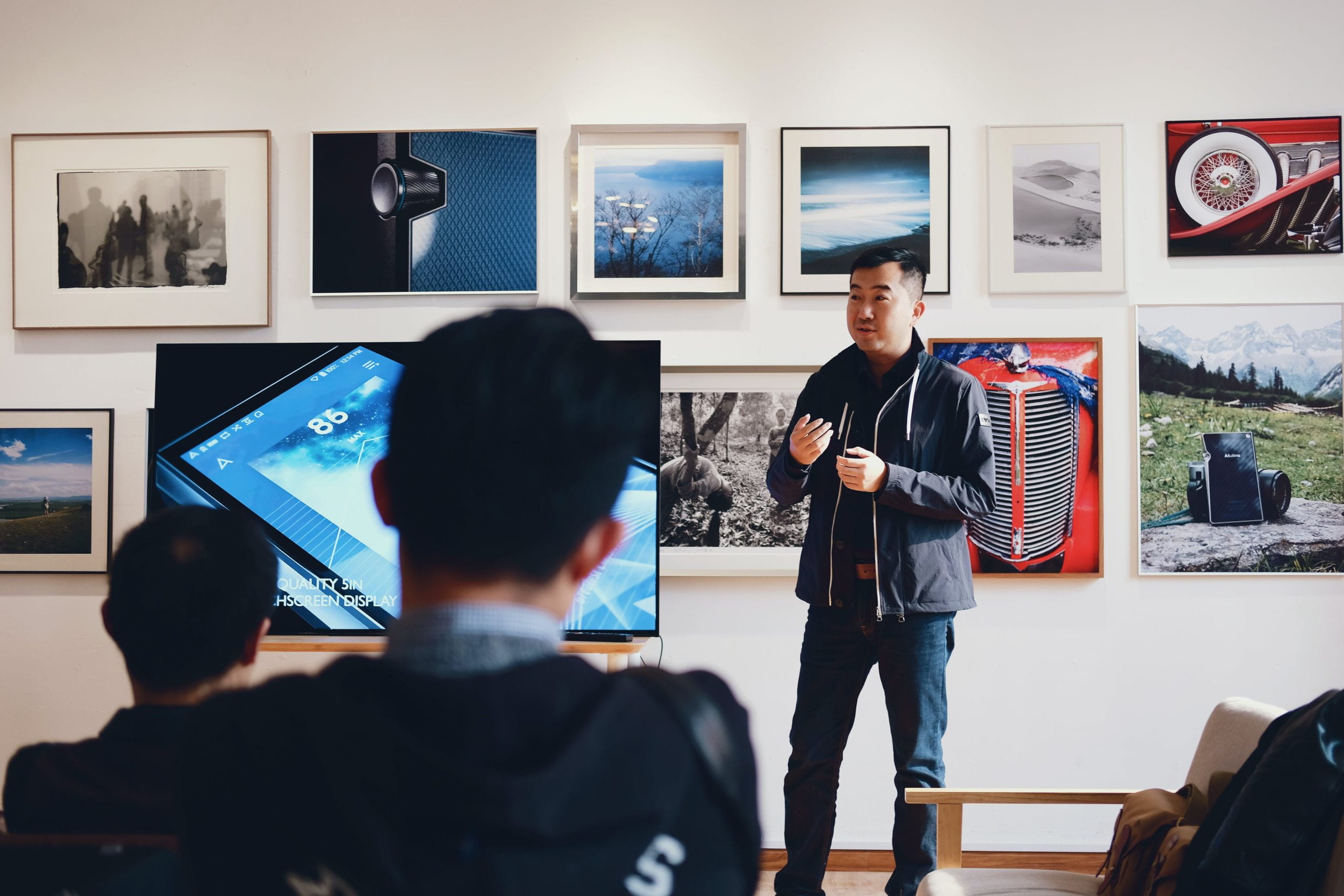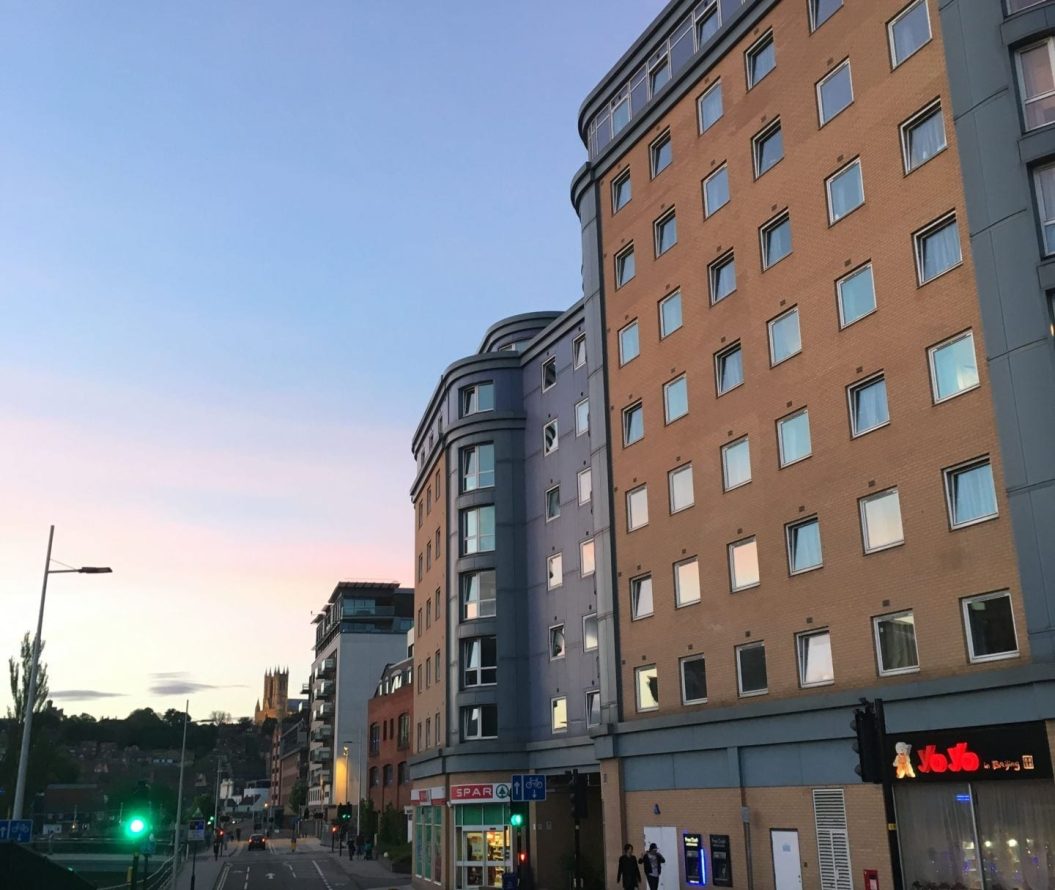Hi there! My name is Alex and I'm currently undertaking my Creative Writing PhD at the University of Lincoln. I'm a big fan of lots of streaming services, books, and am a published poet! I aspire to be a multi-genre,…

There are so many opportunities for PhD study at the University of Lincoln, one being the Creative Writing PhD which I have been studying for almost a year. This article is going to go into all the information you need if you feel you’re interested in this academic avenue, all the way from the proposal & interview stages, how your studies will work, and all the opportunities doing a PhD brings with it!

Proposal & Prep
When it comes to applying to study a PhD there are a few stages, the main ones being your proposal, interview, and arrangement of funds. However, before you begin to put your proposal together you need to establish that there is someone available in the department who is a) interested and b) available to be your primary supervisor, and someone else available to be your secondary supervisor. Take the time to have conversations with faculty whose expertise fit the best with your project, and if they indicate they’d be able to work with you then you can go ahead and work on your proposal.
Your proposal is not something to be taken lightly, and a good quality proposal will likely take upwards of a month to produce. It must include an overview of what you intend to write – for creative writing the 80,000-word count is split into 60,000 words of creative work (or an equivalent page count if you’re doing poetry/script/another format instead of fiction), and a 20,000-word critical reflection. You must also include key research questions, research methodologies, a provisional bibliography, related works in the literary market, what your project will contribute to said market, a provisional work plan (you would mention here if you’ll be studying full-time (3 years) or part-time (6 years)), and a writing sample.

If your proposal is accepted you will then have an interview with a panel, including your prospective primary and secondary supervisors. Here you will be asked questions about your project both academic and personal, most of which will ask you to elaborate on points you made in your proposal. Also, at this stage, it is completely okay (and frankly encouraged) for you not to be able to answer absolutely everything, because that’s partly what studying a PhD is for – answering those questions. No one will be trying to catch you out, because if you’ve reached the interview stage that means there is genuine interest in your project and the people on your panel really want to see you carry it forward into the PhD.
If accepted you will be notified promptly after the interview, and it’s at this stage that you should apply for funding. If you are under the age of 60 and have not done a PhD before then you are eligible for a loan from Student Finance England to cover your costs, including tuition. However, if you’re uncertain about your financial eligibility then get in contact with Finance at the SU Advice Centre either by phone at 01522 837000, by e-mail at advice@lincolnsu.com, online here https://lincolnsu.com/advice/finance, or you can drop in to see them from 12pm-2pm Monday-Friday in the Advice Centre.

Meetings & Paperwork
So, what to expect when you’re finally enrolled? You’ll receive a number of introductory talks and sessions where you’ll learn about what to expect from your study timeline, such as milestones you’ll be hitting throughout the forthcoming years including your scheduled supervisor meetings. One of the most important things to keep track of, aside from your project itself, is the paperwork you’ll need to fill out as you move through your studies. The PhD is one of the most independent forms of study that exists, so you are responsible for managing your time and ensuring that you submit regular information so your progress is tracked and maintained. This is where time management is going to be essential because I can say from my experience that establishing my writer/admin routine helped me establish my work/life rhythm with these studies so I didn’t become overwhelmed.

Opportunities
Studying a creative writing PhD here at Lincoln not only gives you the chance to obtain the qualification, but also offers many other opportunities for you to create more academic connections, display your work at showcases and conferences, potentially get guest lecturing opportunities, and have access to a wealth of resources and events. In my first year, I gave talks on my work at the 2023 CoA PGR Showcase hosted at Lincoln & the 2023 online EMDoc Conference, this year hosted by Northampton University. I also had a chance to enter this year’s Images of Research Competition, and in 2024 I have plans to guest lecture for some undergraduate creative writing modules. All these opportunities are available to every single creative writing PhD student studying here at Lincoln, and there are so many more besides these. To say that I’m enjoying my Creative Writing PhD here at Lincoln is an understatement. So far I have felt so fulfilled and supported by both the faculty and the work itself, and if you’re considering this avenue I hope this article has been helpful!




